The Growing Role of Ethical Hackers in Corporate Security

In today’s digital landscape, where data breaches and cyber threats loom large, the importance of cybersecurity has skyrocketed. Enter ethical hackers—those skilled professionals who navigate the fine line between malicious hacking and protective measures. These individuals possess a unique skill set that allows them to identify vulnerabilities within corporate systems before they can be exploited by real hackers.
As businesses increasingly rely on technology, the role of ethical hackers becomes vital. They are not just code warriors; they are defenders of sensitive information, working tirelessly to shield organizations from potential disasters. Understanding their contribution to corporate security is crucial for anyone interested in safeguarding their business assets in this ever-evolving threat environment. Here’s a look at the growing role of ethical hackers in corporate settings and explore how they pave the way for a safer digital future.
The Importance of Ethical Hackers in Corporate Security

Ethical hackers play a crucial role in safeguarding corporate environments. As cyber threats become more sophisticated, businesses face increasing risks of breaches and data loss. These professionals act as the first line of defense. They identify vulnerabilities before malicious hackers can exploit them. By simulating attacks, they uncover weaknesses within an organization’s systems.
Moreover, ethical hackers help companies comply with regulations and standards. This compliance not only protects sensitive information but also enhances customer trust. Their insights are invaluable for developing robust security strategies. These experts use their skills to strengthen firewalls and encrypt sensitive data effectively.
Common Responsibilities of Ethical Hackers in a Corporate Setting
Ethical hackers wear many hats in a corporate environment. They start by conducting vulnerability assessments to identify potential security flaws in systems and networks. By simulating cyberattacks, they can pinpoint weaknesses before malicious hackers exploit them. Another crucial responsibility involves penetration testing. This task requires ethical hackers to test defenses against real-world attack scenarios, ensuring that companies understand their vulnerabilities thoroughly. They also play a vital role in developing security policies and protocols. Working alongside IT teams, these professionals help create guidelines that safeguard sensitive information and maintain compliance with regulations.
Future Outlook for the Role of Ethical Hackers

As cyber threats evolve, the demand for ethical hackers is set to surge. Organizations are increasingly recognizing that proactive security measures can prevent costly breaches. Technological advancements such as artificial intelligence and machine learning will play a pivotal role in shaping this field. Ethical hackers will leverage these tools to identify vulnerabilities faster and more accurately than ever before.
Additionally, regulatory changes around data protection will create new opportunities for skilled professionals. Companies must comply with stringent guidelines, making ethical hacking an essential component of their security strategies. As remote work becomes commonplace, the scope of testing environments expands. Ethical hackers must adapt quickly to secure diverse systems from various locations worldwide.…


 To protect yourself from all of these cyber threats, consider using a premium VPN service. The best vpn encrypts your internet connection, making it harder for hackers to access your data or inject malware into your system. But don’t go for a free service. Pay a little money so you can enjoy the extra features of a premium VPN subscription.
To protect yourself from all of these cyber threats, consider using a premium VPN service. The best vpn encrypts your internet connection, making it harder for hackers to access your data or inject malware into your system. But don’t go for a free service. Pay a little money so you can enjoy the extra features of a premium VPN subscription. Ever heard of the Man-in-the-Middle (MitM) attack? This sneaky technique involves a cybercriminal intercepting communication between two parties without their knowledge. Imagine sending sensitive information over public Wi-Fi only for it to be intercepted by a malicious third party. Scary, right? During a MitM attack, hackers can eavesdrop on your online activity, including emails, passwords, and financial details.
Ever heard of the Man-in-the-Middle (MitM) attack? This sneaky technique involves a cybercriminal intercepting communication between two parties without their knowledge. Imagine sending sensitive information over public Wi-Fi only for it to be intercepted by a malicious third party. Scary, right? During a MitM attack, hackers can eavesdrop on your online activity, including emails, passwords, and financial details.
 One of the first things you can do to customize your Firestick is to change the home screen icon. This simple tweak lets you add a personal touch and make it stand out. To change the home screen icon, navigate to “Settings” on your Firestick. Select “My Fire TV” from there and choose “About.” Next, scroll down until you find the option for “Network.” Select that and note down your current IP address. Once your IP address is handy, grab a computer or smartphone and open a web browser. Type in the IP address followed by “/firetv_home_icon.png.” This will create an image upload page where you can choose your desired icon.
One of the first things you can do to customize your Firestick is to change the home screen icon. This simple tweak lets you add a personal touch and make it stand out. To change the home screen icon, navigate to “Settings” on your Firestick. Select “My Fire TV” from there and choose “About.” Next, scroll down until you find the option for “Network.” Select that and note down your current IP address. Once your IP address is handy, grab a computer or smartphone and open a web browser. Type in the IP address followed by “/firetv_home_icon.png.” This will create an image upload page where you can choose your desired icon. Installing apps and games on your Firestick is a great way to enhance your streaming experience. With thousands of options in the Amazon Appstore, you can customize your device to suit your preferences and interests. Whether you’re looking for entertainment apps like Netflix or Hulu or want to explore new games, there’s something for everyone. To install apps and games on your Firestick, simply navigate to the Apps section on the home screen. From there, you can browse various categories, such as Top Free and New Releases, or search for specific titles. Once you’ve found an app or game that catches your eye, select it and click “Get” or “Install” to begin the installation process. Some apps may require additional permissions or subscriptions before being fully accessed.
Installing apps and games on your Firestick is a great way to enhance your streaming experience. With thousands of options in the Amazon Appstore, you can customize your device to suit your preferences and interests. Whether you’re looking for entertainment apps like Netflix or Hulu or want to explore new games, there’s something for everyone. To install apps and games on your Firestick, simply navigate to the Apps section on the home screen. From there, you can browse various categories, such as Top Free and New Releases, or search for specific titles. Once you’ve found an app or game that catches your eye, select it and click “Get” or “Install” to begin the installation process. Some apps may require additional permissions or subscriptions before being fully accessed.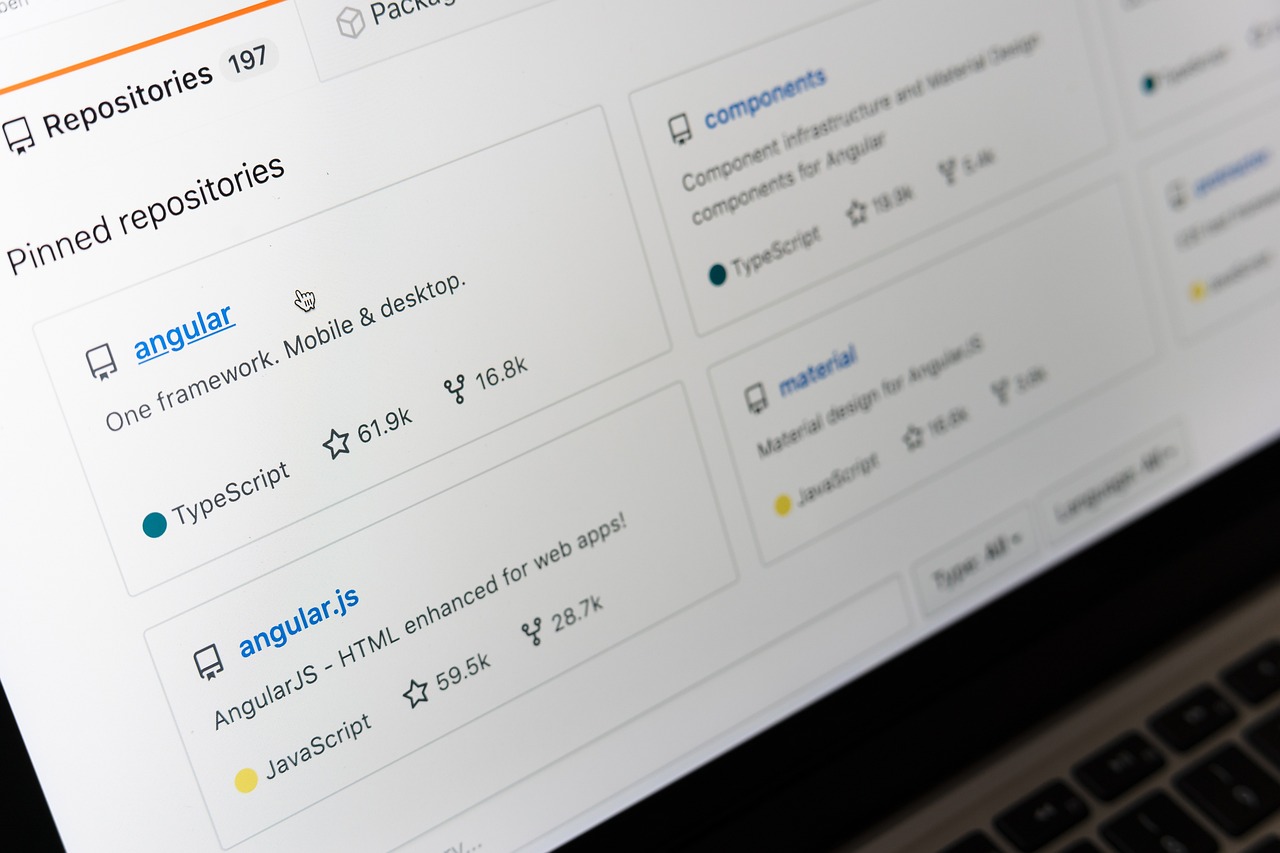


 One of the most significant changes that online advancements have brought to console gaming is the ability to play with friends who are not in the same room. In the past, if you wanted to play with someone who lived far away, you would have to travel to their house or find a local arcade with the game you wanted to play. But now, thanks to online console gaming, you can play with anyone worldwide as long as they have an internet connection.
One of the most significant changes that online advancements have brought to console gaming is the ability to play with friends who are not in the same room. In the past, if you wanted to play with someone who lived far away, you would have to travel to their house or find a local arcade with the game you wanted to play. But now, thanks to online console gaming, you can play with anyone worldwide as long as they have an internet connection. One of the most recent changes to console gaming due to online tech advancement is the rise of eSporting. In the past, participants only did competitive gaming in small arcades or at local LAN parties. But now, with online console gaming, anyone can compete in huge tournaments with prizes worth thousands of dollars.
One of the most recent changes to console gaming due to online tech advancement is the rise of eSporting. In the past, participants only did competitive gaming in small arcades or at local LAN parties. But now, with online console gaming, anyone can compete in huge tournaments with prizes worth thousands of dollars.
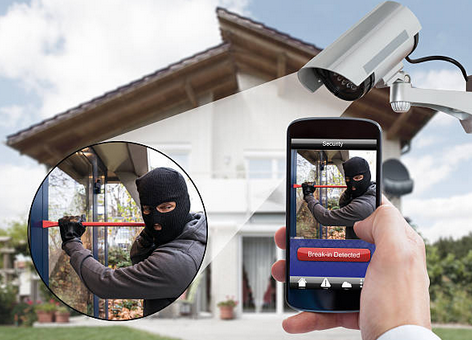
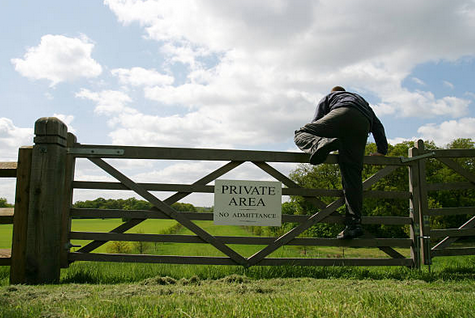

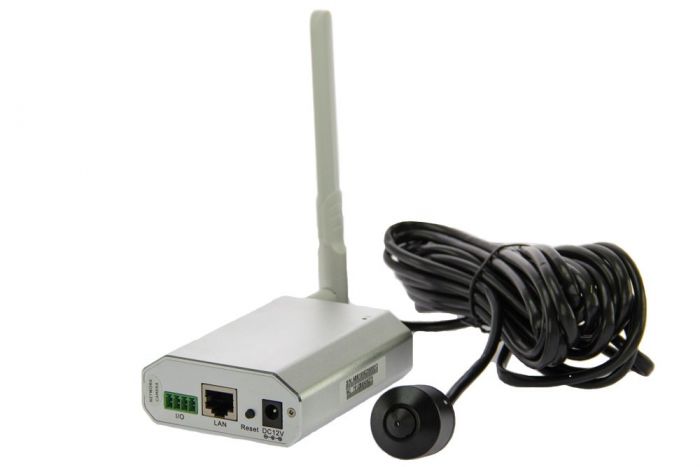


 It is also important to consider the features of the cameras before choosing to use them. As stated before, the technology used in this type of camera tends to improve with time. It is essential to select a camera with features that meet your wants and needs. It can be good video quality or the ability to store large content. Some come with technology that uses them to view live feedback from them by using an app on their phone. Cameras that come with the latest features are expensive. You should be ready to spend more than you initially planned.
It is also important to consider the features of the cameras before choosing to use them. As stated before, the technology used in this type of camera tends to improve with time. It is essential to select a camera with features that meet your wants and needs. It can be good video quality or the ability to store large content. Some come with technology that uses them to view live feedback from them by using an app on their phone. Cameras that come with the latest features are expensive. You should be ready to spend more than you initially planned.
 Even if you might know a little bit, you probably do not know the best details on how to build an optimized and reliable business website. In such a scenario, you should figure out who could be the right person to fit this task, and this can take a long time.
Even if you might know a little bit, you probably do not know the best details on how to build an optimized and reliable business website. In such a scenario, you should figure out who could be the right person to fit this task, and this can take a long time.



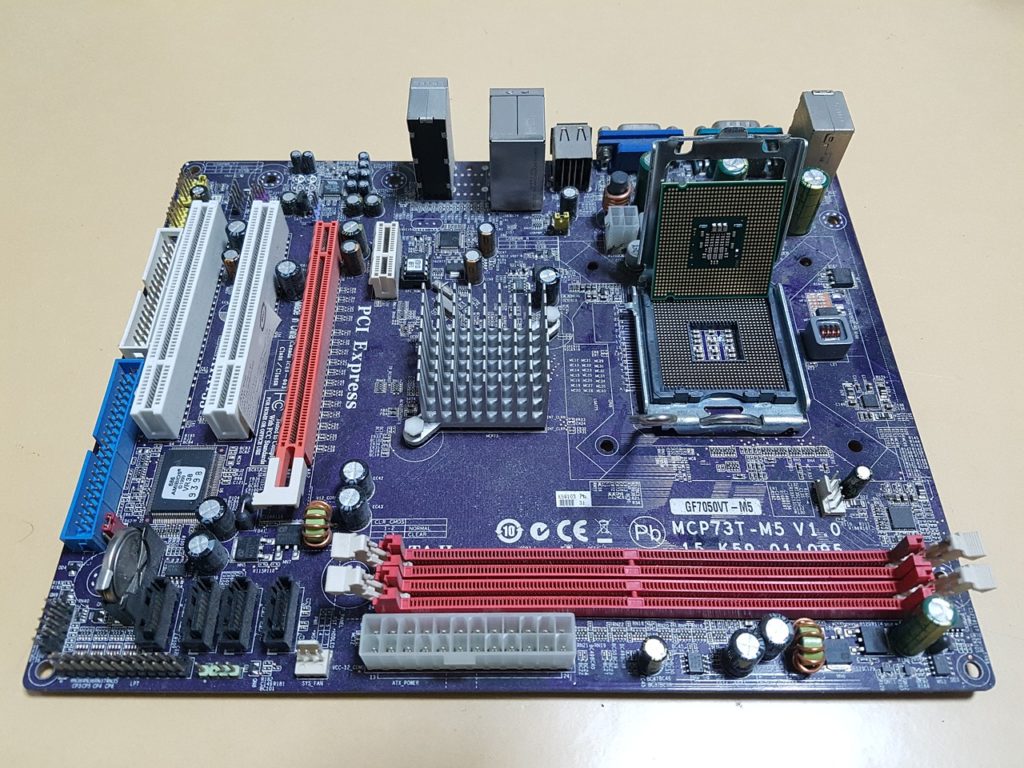


 Since surfaces and floors have different levels of dirt on them, there is often the need to adjust the cleaning settings to suit the level of dirt on the surface. With robotic cleaners, the adjustment of cleaning settings is done automatically. This saves you the trouble and time of having to adjust these settings manually. Robotic cleaners come with sensors that enable them to identify the level of dirt on the surface to choose the settings that will clean the surface completely.
Since surfaces and floors have different levels of dirt on them, there is often the need to adjust the cleaning settings to suit the level of dirt on the surface. With robotic cleaners, the adjustment of cleaning settings is done automatically. This saves you the trouble and time of having to adjust these settings manually. Robotic cleaners come with sensors that enable them to identify the level of dirt on the surface to choose the settings that will clean the surface completely. Robot vacuum cleaners are efficient for cleaning different types of surfaces. From floors to wood surfaces, concrete and linoleum, these cleaners work perfectly and efficiently. This saves you a great deal of money, as you do not have to buy multiple cleaners for different types of surfaces. However, despite the cleaners being suitable for different types of surfaces, it is necessary to read the manufacturer’s provisions on the type of surfaces that the cleaner is suitable for.
Robot vacuum cleaners are efficient for cleaning different types of surfaces. From floors to wood surfaces, concrete and linoleum, these cleaners work perfectly and efficiently. This saves you a great deal of money, as you do not have to buy multiple cleaners for different types of surfaces. However, despite the cleaners being suitable for different types of surfaces, it is necessary to read the manufacturer’s provisions on the type of surfaces that the cleaner is suitable for.
 Finding the correct site to give you the right information about drones is the first step to purchasing the best. Some people rush whenever they need to buy a gadget, but as usual, you will hear many of them complaining and wishing they had bought a different device. As a smart shopper, you should know that using these internet sites is the simplest way for you to find, compare, and then buy an excellent drone.
Finding the correct site to give you the right information about drones is the first step to purchasing the best. Some people rush whenever they need to buy a gadget, but as usual, you will hear many of them complaining and wishing they had bought a different device. As a smart shopper, you should know that using these internet sites is the simplest way for you to find, compare, and then buy an excellent drone. For first-time drone buyers, understanding the different brands and models should be your priority. Meaning as you google review sites and read about the different drones, you should note down the companies that manufacture these gadgets and inquire about their reputation, and get to know the quality of each of their products. Buying a device from a company that is known and trusted guarantees you of the longevity of your drone.
For first-time drone buyers, understanding the different brands and models should be your priority. Meaning as you google review sites and read about the different drones, you should note down the companies that manufacture these gadgets and inquire about their reputation, and get to know the quality of each of their products. Buying a device from a company that is known and trusted guarantees you of the longevity of your drone.




 There are those that can tell the level of sugar in your blood and also calorie content in your body. Keeping track of your body status will help you work hard to ensure you are fit all the time. You should take immediate measures after using such devices.…
There are those that can tell the level of sugar in your blood and also calorie content in your body. Keeping track of your body status will help you work hard to ensure you are fit all the time. You should take immediate measures after using such devices.…


